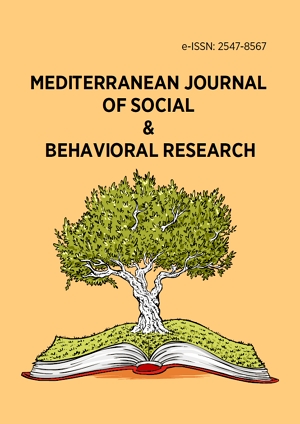Abstract
Self-directed learning (SDL) constitutes an essential means for undergraduates to adapt to rapid societal changes, and metacognition, which serves as the regulatory centre, plays a crucial role in enhancing learning effectiveness. Drawing on a metacognitive perspective, this study adopted a mixed-methods approach to examine the current state, problems, and underlying causes of Chinese undergraduates’ SDL. The results indicated that undergraduates’ SDL competence was generally above the intermediate level, with the most robust performance observed in the goal-setting dimension, and students from different academic years and with different performance levels exhibited varying outcomes across all SDL dimensions. The following issues were also identified: insufficient dynamic adjustment and goal precision, limited flexibility in strategy selection and weak competence in employing tools, inadequate real-time process monitoring coupled with a lack of emotional regulation, insufficient depth in evaluation and reflection, difficulties in transfer and application, and polarised resource utilisation. The underlying causes of these issues included a lack of metacognitive knowledge, restricted technological literacy, and the absence of monitoring mechanisms. These findings provide empirical evidence to support the cultivation of SDL competence among undergraduates in Chinese higher education.
License
This is an open access article distributed under the Creative Commons Attribution License which permits unrestricted use, distribution, and reproduction in any medium, provided the original work is properly cited.
Article Type: Research Article
MEDITERR J SOC BEH RES, Volume 9, Issue 2, November 2025, 55-61
https://doi.org/10.29333/mjosbr/17254
Publication date: 09 Oct 2025
Article Views: 583
Article Downloads: 412
Open Access References How to cite this article
 Full Text (PDF)
Full Text (PDF)